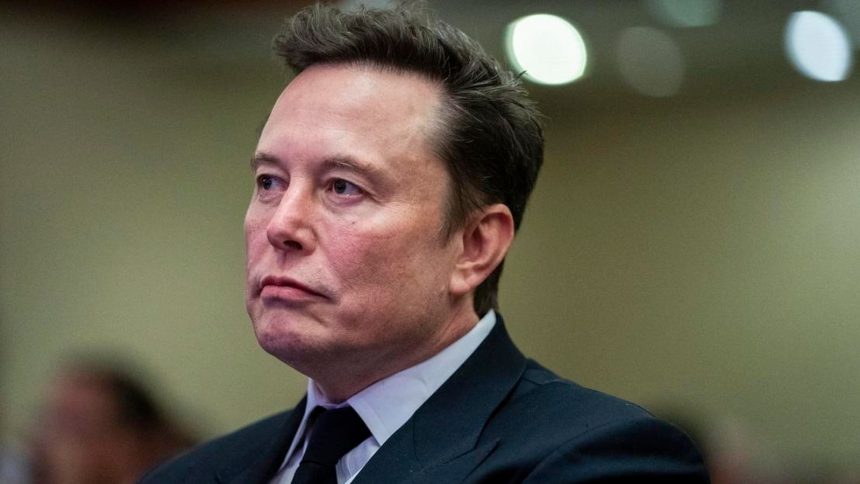In a significant legal ruling, a Delaware judge has again invalidated Elon Musk’s massive pay package, originally valued at about $50 billion, highlighting the complex dynamics between Musk, the Tesla board, and shareholders. Chancellor Kathaleen McCormick of the Delaware Court of Chancery deemed the pay package as being approved under the undue influence of Musk. This judgment follows McCormick’s earlier ruling in January, where she asserted that the compensation was not “entirely fair” to shareholders due to Musk’s substantial sway over the board of directors. In addition to rejecting the revised approval from Tesla shareholders, McCormick imposed a substantial fee of $345 million on Tesla to cover the legal expenses of the plaintiff who brought the case.
The legal proceedings began when Tesla shareholder Richard Tornetta filed a lawsuit challenging the fairness of Musk’s pay package. Tornetta argued that the compensation was excessive and constituted a breach of fiduciary duty by the board. In her recent finding, McCormick emphasized the need for the board to prioritize shareholder interests, indicating that the governance mechanisms at Tesla appeared flawed in their handling of Musk’s remuneration. Despite shareholders voting in June to approve the pay package, McCormick declared that this subsequent approval could not retroactively legitimize the board’s earlier actions linked to Musk’s compensation, which saw a dramatic increase in value over time.
The judicial scrutiny sheds light on governance standards within public companies, especially concerning potential conflicts of interest when company executives exert significant influence over their boards. McCormick’s ruling pointed out that the board’s dependence on Musk compromised the decision-making process regarding his pay, effectively preventing a fair evaluation of his compensation. Following the June shareholder vote, Tesla’s legal team attempted to challenge McCormick’s previous judgment, but the court found that overriding the earlier ruling was not permissible under established legal doctrines.
In terms of financial implications, the ruling has occurred against the backdrop of rising Tesla shares, which closed at $357.10 on the date of the ruling. Nevertheless, the company experienced a slight decline of about 1.5% in after-hours trading following the announcement. Musk’s net worth also reached unprecedented levels post-election, peaking at an estimated $321.7 billion, indicating a significant rebound in Tesla’s market capitalization, which was approximately $1.12 trillion at the time of the ruling. This financial context adds a layer of complexity to the case, emphasizing the dramatic stakes tied to the executive compensation debate.
Musk’s response to this ruling remains publicly unvoiced as of the latest updates, leading to speculation on his potential legal or public strategy moving forward. Previous remarks he made included a dismissive comment about incorporating in Delaware, a state known for its corporate laws. The tense relationship between Musk and institutional investors raises questions about governance practices across Silicon Valley, particularly concerning executive power dynamics and accountability to shareholders. Critics argue that when executives hold excessive control, the risk of self-serving decisions increases, undermining the fiduciary responsibilities owed to shareholders.
Lastly, as this legal battle unfolds, the decision may set a precedent for how executive compensation packages are structured and approved in the future. With the growing scrutiny on corporate governance and executive pay, the Tesla case could influence other companies facing similar dilemmas. The ongoing discourse surrounding corporate governance standards, shareholder rights, and executive compensation continues to evolve, perhaps foreshadowing a reckoning in the industry as shareholders demand more transparency and fairness in the decision-making processes affecting their investments.


